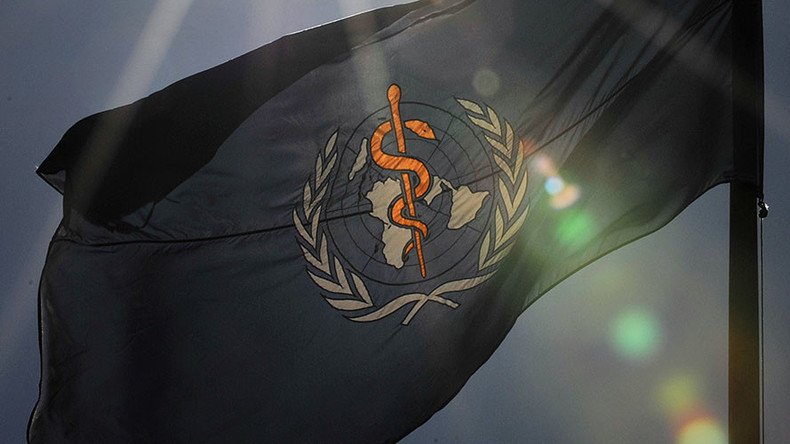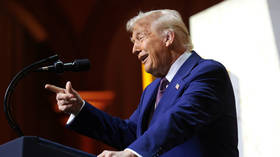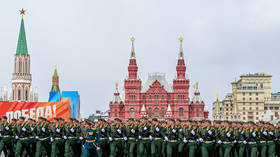WHO splurges more on posh travel than it spends on fighting AIDS & malaria – report

The UN’s World Health Organization ponies up some $200 million a year for luxury travel, including first-class tickets and posh hotels – much more than it spends on combatting AIDS, tuberculosis, or malaria, the AP has revealed.
According to internal files obtained by the news agency, since 2013, the World Health Organization (WHO) has allocated $803 million for travel – approximately $200 million per year. The WHO’s two-billion-dollar annual budget is made up of contributions made by 194 member countries, of which the US is the largest sponsor.
Last year, the WHO allocated just over $60 million to tackling malaria and $59 million to containing the spread of tuberculosis, while $71 million was spent on fighting AIDS and hepatitis. Programs aimed at containing certain diseases, such as polio, do get considerably larger funding, however, with $450 million allocated annually.
Though the organization has been struggling to achieve its goals, while at the same time appealing for more financing, its employees and top brass apparently do not shy away from booking first-class airline tickets and rooms in luxurious five-star hotels.
In particular, WHO Director-General Margaret Chan and Executive Director Bruce Aylward are first and second on the list of the agency’s top spenders, according to a confidential 25-page analysis of the WHO’s expenses seen by AP.
When Chan recently went to Guinea following a successful effort to stop an outbreak of Ebola there, she stayed in the biggest presidential suite at the Palm Camayenne hotel in Conakry, with the price per night amounting to €900 ($1,008). To avoid bumpy roads, Aylward opted to use a chopper to reach clinics on several occasions.
During the outbreak of Ebola in West Africa, the WHO allocated $234 million to employee travel. Some experts told AP the agency should have sent more money to the poor region – where authorities couldn’t even afford protective gear or soap for medical staff or body bags for the victims – rather than deploy its own staff at such a high cost.
“There’s a huge inequality between the people at the top who are getting helicopters and business class and everyone else who just has to make do,” said Sophie Harman, a global health politics expert at London-based Queen Mary University.
The UN agency admits that its budget policy had allowed for the director-general to fly first class until February, but said the spending rules have been changed and the first-class option has been effectively eliminated.
However, the organization’s own findings suggest that traveling in comfort is widespread among employees. One internal memorandum sent to WHO executives reported that compliance with a rule requiring all travel to be booked in advance was “very low.” An internal analysis accessed by the AP stated that only two of seven WHO departments at the Geneva headquarters had met their budget targets.
Interestingly, other aid agencies spend less on travel. For instance, Doctors Without Borders explicitly forbids its staff from traveling business class, and even its president flies economy class, a spokeswoman told AP.
Employing about 37,000 aid workers, Doctors Without Borders spends about $43 million a year on travel. In addition, the US Centers for Disease Control and Prevention says it does not normally allow staffers to book business class flights and only sanctions it in special cases, such as medical emergencies.















